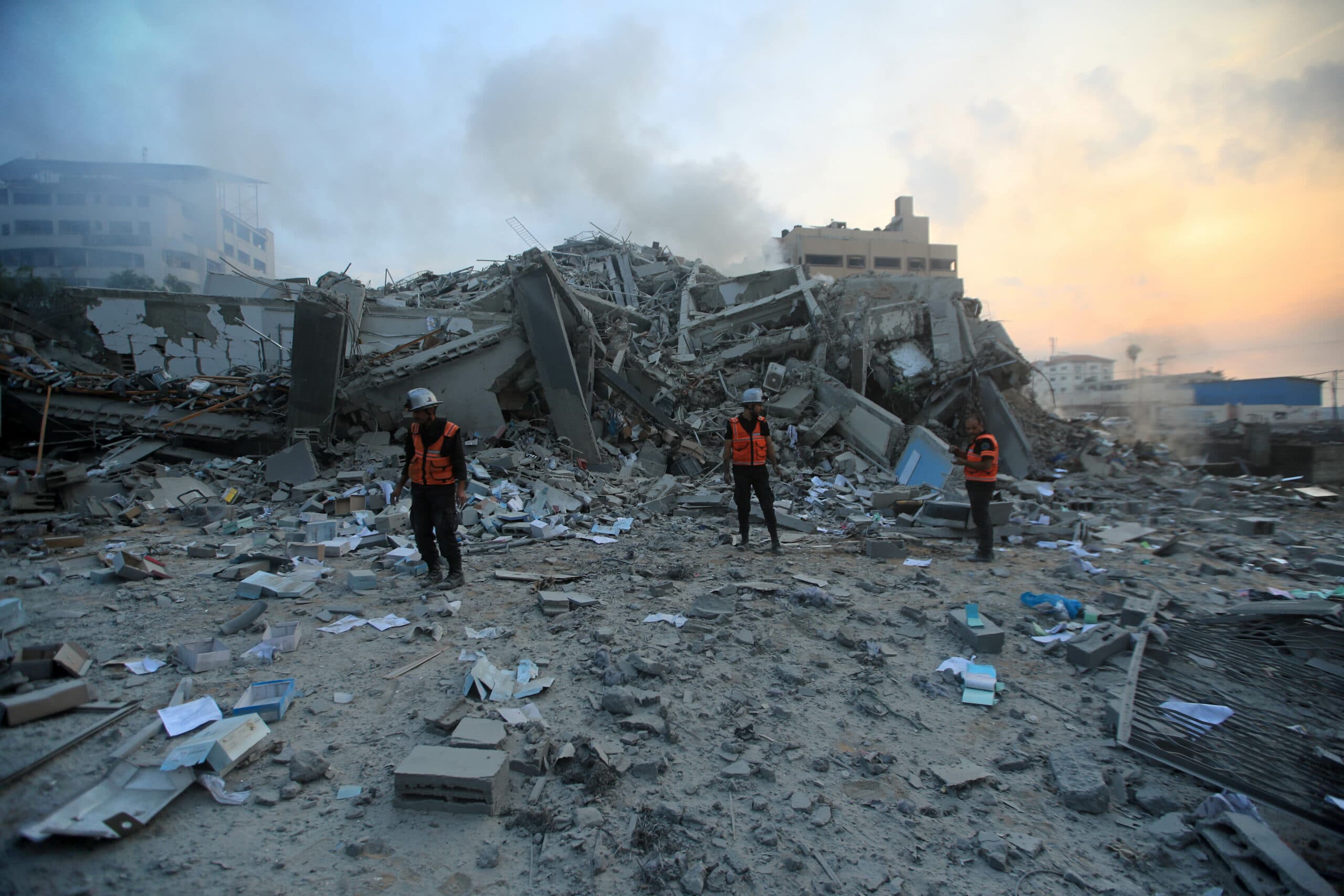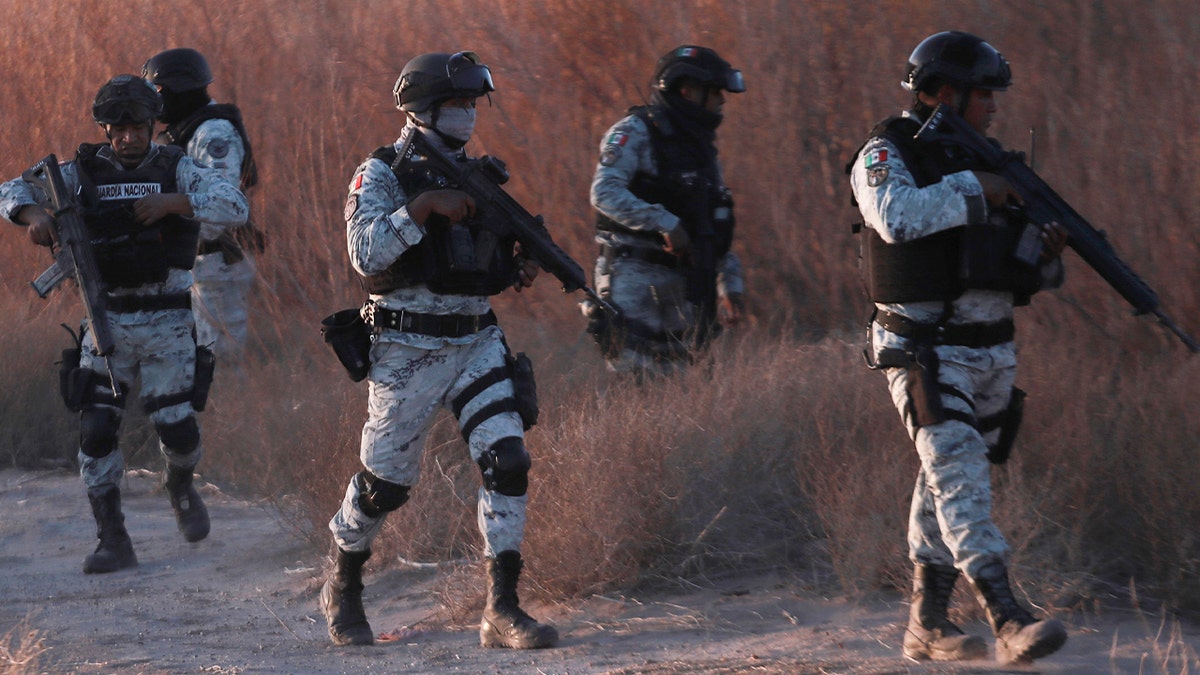U.S. Authorizes Israel"s "Powerful Military Actions" in Gaza, Risking Wider Conflict
In a significant escalation of the ongoing conflict in the Middle East, the United States has reportedly given Israel the green light to undertake “powerful military actions” in Gaza. This authorization raises concerns about Israel"s potential plans for the annexation or indefinite occupation of parts of the Gaza Strip, as outlined by Israeli media outlet Yedioth Ahronoth. The implications of this development could reverberate throughout the region, heightening tensions and complicating diplomatic efforts.
Background & Context
The situation in Gaza has been a focal point of international attention for decades, characterized by a cycle of violence, humanitarian crises, and geopolitical maneuvering. The current escalation follows a series of violent confrontations between Israeli forces and Palestinian militant groups, particularly Hamas. The U.S. has historically supported Israel"s right to defend itself, but this latest move marks a potentially transformative shift in its military engagement in the region.
Recent developments have seen Israeli Prime Minister Benjamin Netanyahu assert the need for a robust military response to what he describes as existential threats posed by militant groups in Gaza. As previously reported, Netanyahu"s government has been vocal about its intent to potentially annex parts of Gaza under the guise of national security. This authorization from the U.S. appears to align with those objectives, as tensions continue to escalate.
Key Developments
According to sources, the U.S. decision comes in response to increased rocket fire from Gaza and ongoing hostage crises that have plagued Israel. The Biden administration"s backing is seen as a crucial endorsement for Israel to expand its military operations, which may include ground invasions and airstrikes targeting key militant positions within Gaza. This marked shift could lead to significant military actions that may further destabilize the region.
Israeli officials have expressed their readiness to act decisively, citing the urgency to address the threat from Hamas. As part of this strategy, they have indicated that military actions could extend beyond mere retaliation, potentially leading to a long-term occupation of Gaza. This has drawn sharp criticism from various international actors, who fear that such actions could exacerbate the humanitarian crisis in the region and lead to a broader conflict.
\n\n
Image for U.S. Authorizes Israel"s "Powerful Military Actions" in Gaza, Risking Wider Conflict
Broader Impact
The implications of U.S. authorization for Israel to initiate military actions are profound, not only for the immediate parties involved but also for regional and international stability. Experts warn that an escalation in military actions could trigger a wave of violence across the Middle East, potentially drawing in neighboring countries and non-state actors. The balance of power in the region could shift dramatically, leading to increased hostilities and a further deterioration of diplomatic relations.
Historically, similar situations have resulted in prolonged conflicts and humanitarian disasters. The ongoing violence may also fuel anti-American sentiment in the region, as many perceive U.S. support for Israel as complicity in the suffering of Palestinian civilians. The potential for backlash from both Palestinian groups and regional powers cannot be understated, as they may respond with their own military actions or diplomatic initiatives aimed at countering U.S. influence.
What"s Next
As Israel prepares to implement what it describes as necessary military actions, the world watches closely for the next steps. U.S. officials may find themselves navigating a precarious diplomatic landscape, balancing support for Israel with calls for restraint from the international community. The upcoming days and weeks could see a significant increase in military engagement, prompting questions about the humanitarian impact and the long-term consequences of such actions.
Moreover, the international community will likely ramp up discussions regarding the situation, with potential emergency sessions at the United Nations and calls for ceasefires. The geopolitical ramifications of this authorization could lead to a re-evaluation of U.S. foreign policy in the region, as allies and adversaries alike assess the implications of a more militarized Israel. As the situation unfolds, the potential for further conflict remains high, with all eyes on the evolving dynamics in Gaza.

Image for U.S. Authorizes Israel"s "Powerful Military Actions" in Gaza, Risking Wider Conflict


![[Video] Heavy clashes and gunfire reported in Baghdad, Iraq](/_next/image?url=%2Fapi%2Fimage%2Fthumbnails%2Fthumbnail-1768342239932-848qsh-thumbnail.jpg&w=3840&q=75)




![[Video] Gunfire between Iraqi security forces and Sadr militias in Baghdad](/_next/image?url=%2Fapi%2Fimage%2Fthumbnails%2Fthumbnail-1768343508874-4redb-thumbnail.jpg&w=3840&q=75)
